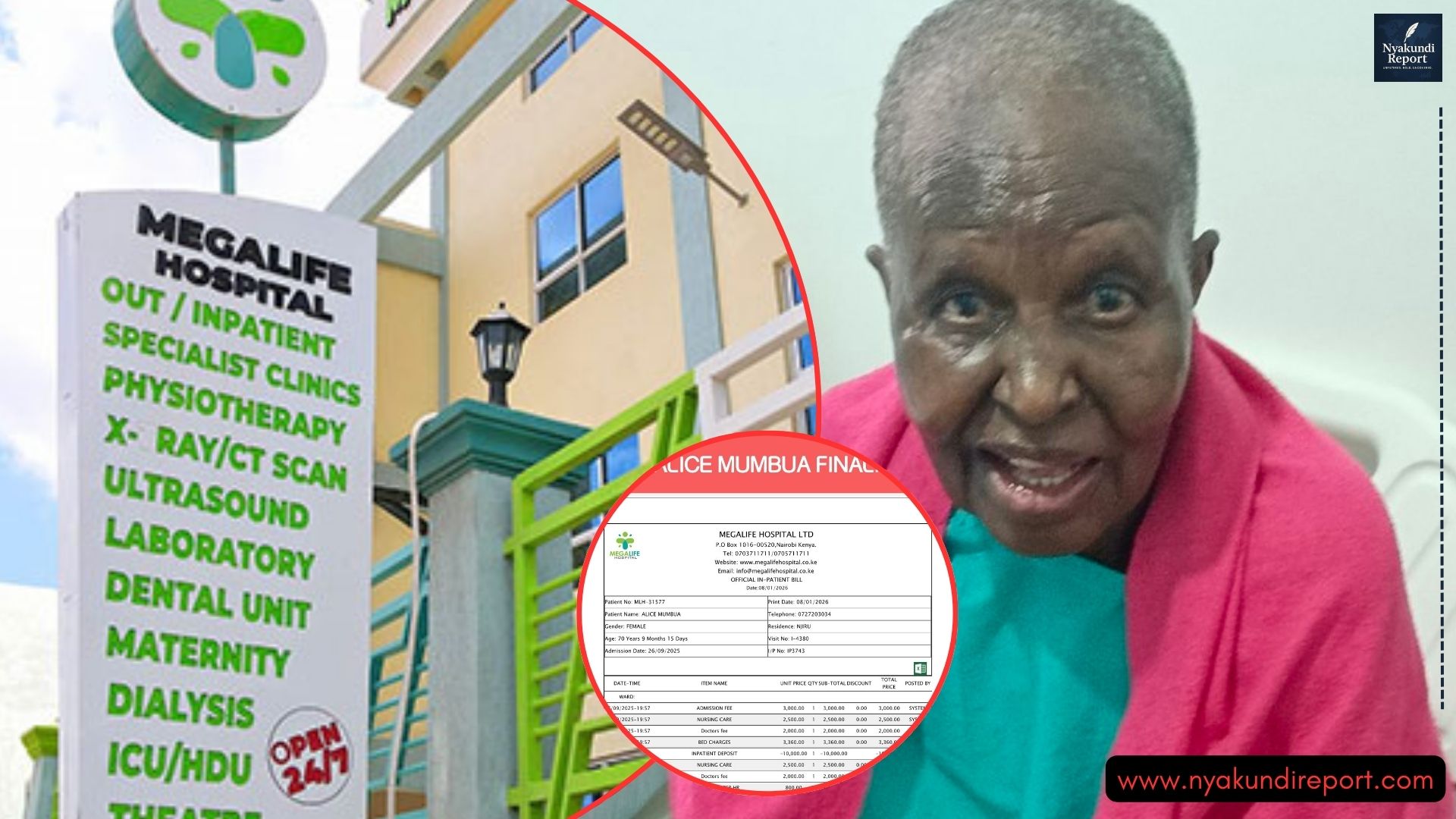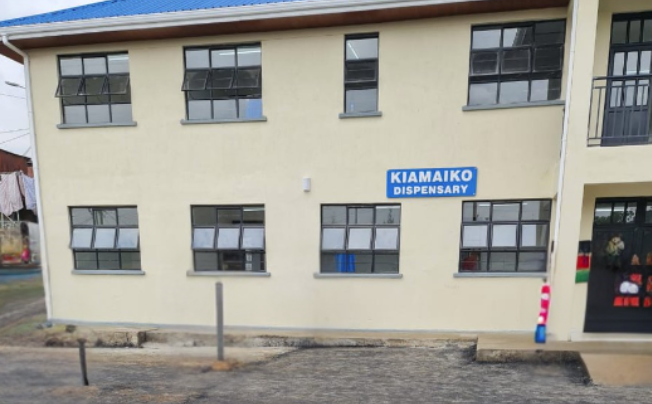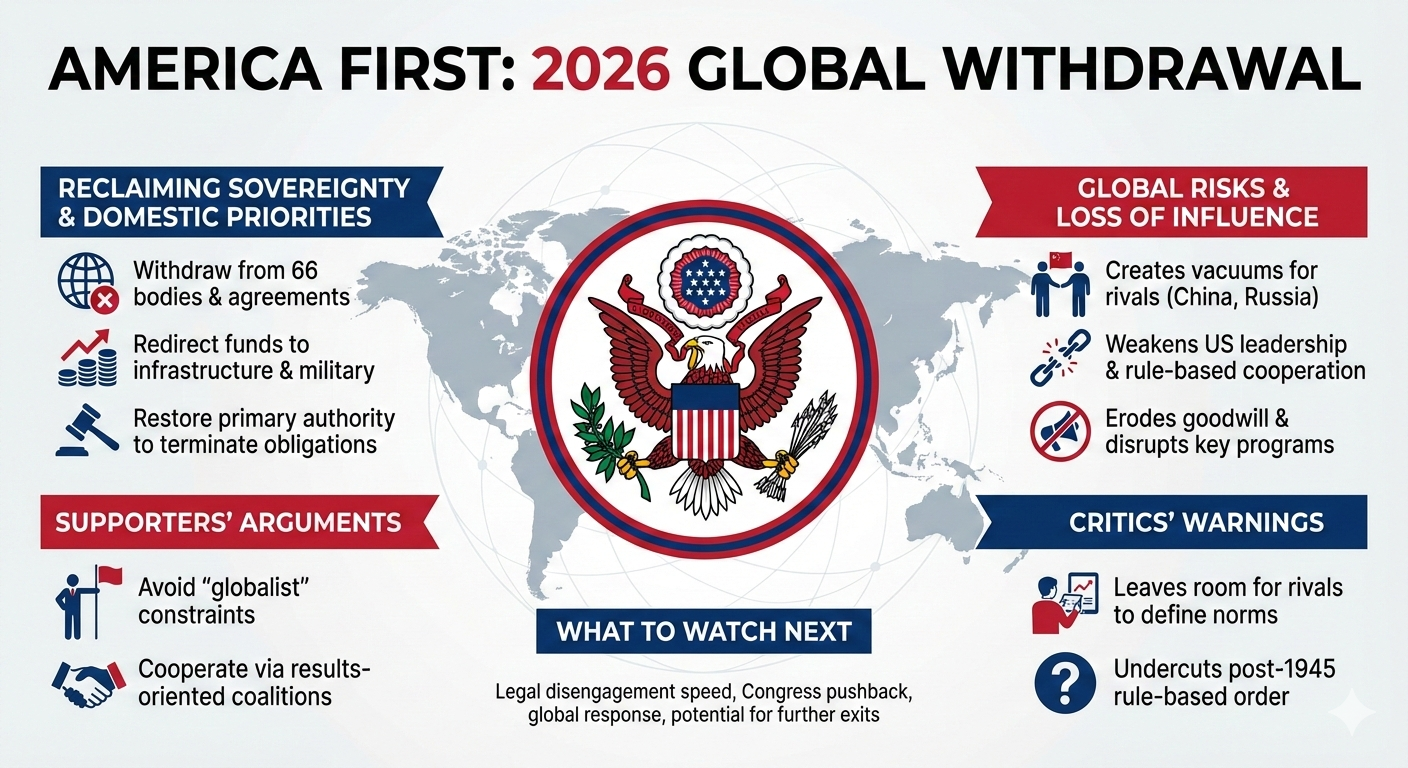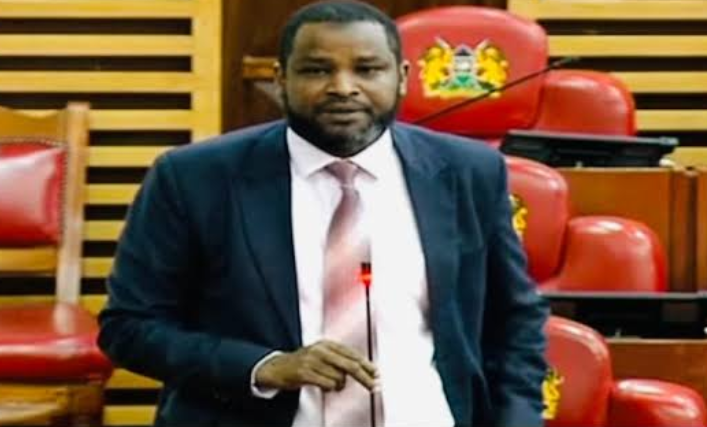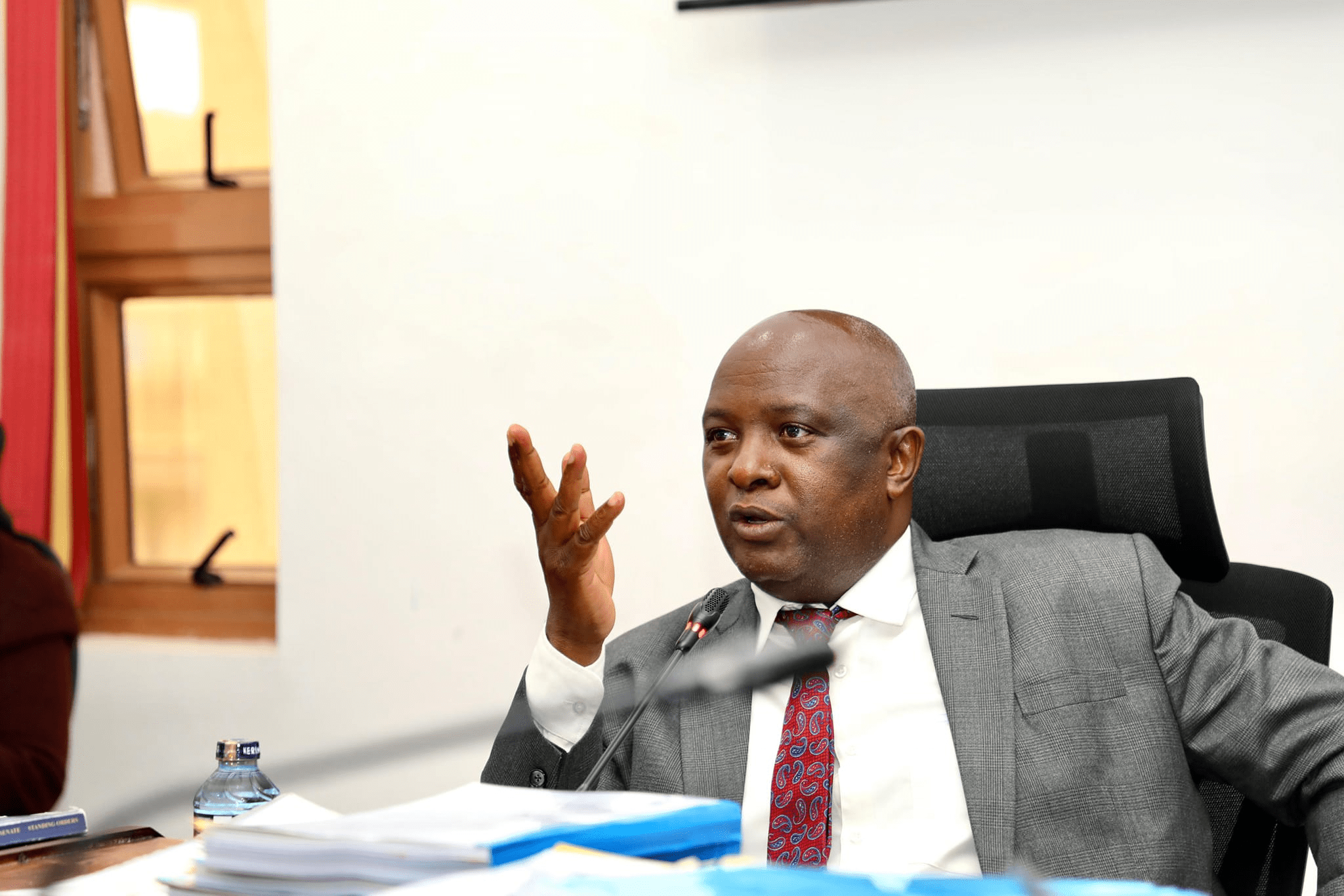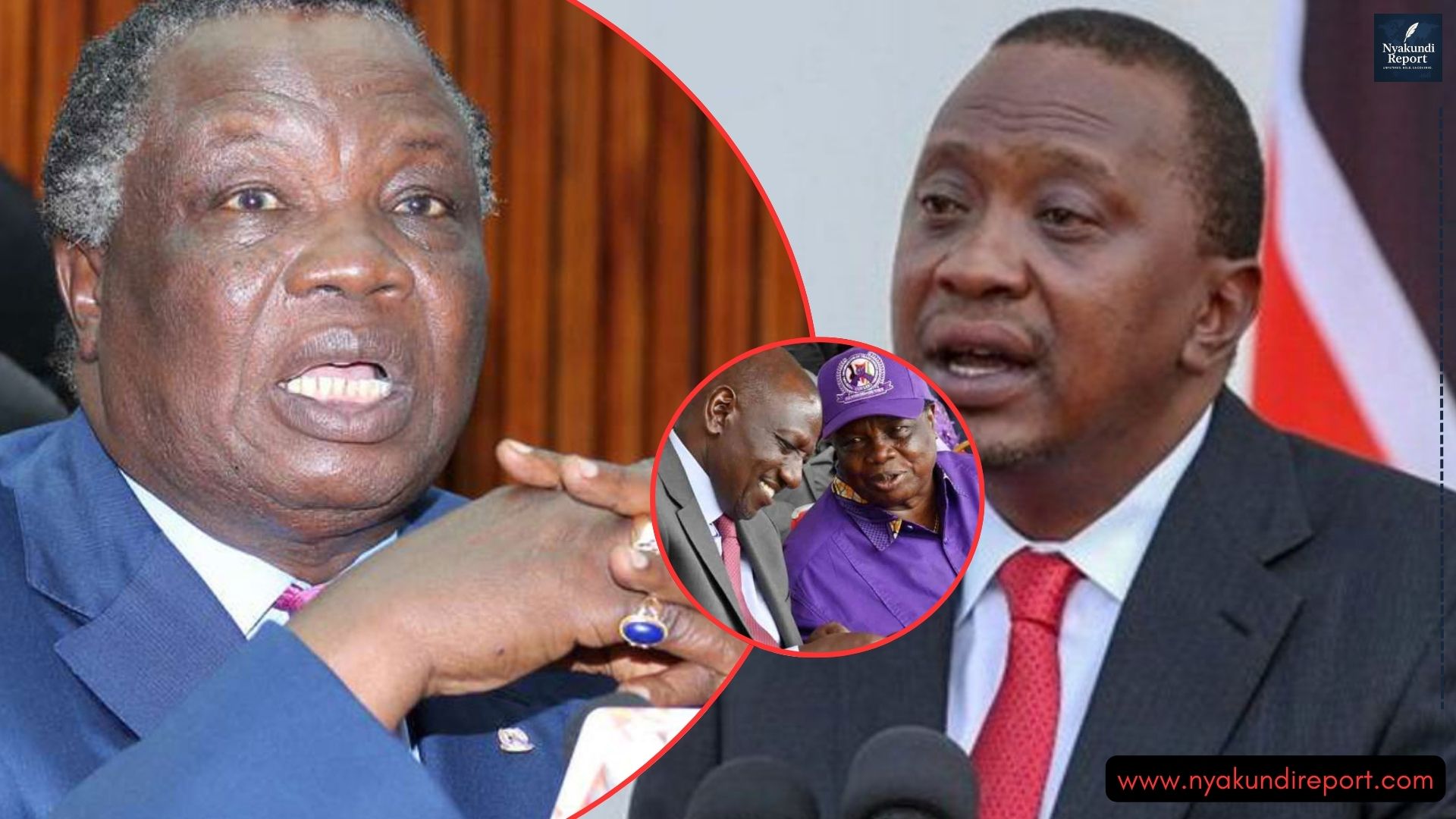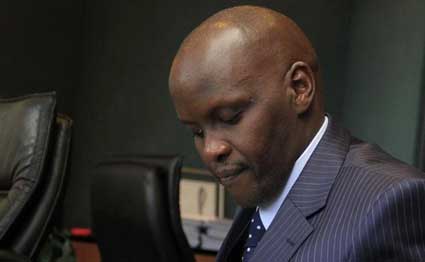Civil servants across Kenya are anxious after conflicting statements on whether they will continue enjoying the SHA Health Cover.
Rumors of hospitals shutting their doors to public servants triggered panic in government offices, raising questions about the sustainability of the new health insurance model.
While Public Service Cabinet Secretary Geoffrey Ruku has assured that no one will be denied medical care, health sector leaders warn that unpaid bills to hospitals could soon change that reality.
The clash between official reassurances and ground-level warnings has left thousands confused and worried.

The Government insists SHA Health Cover remains intact
Public Service CS Geoffrey Ruku moved quickly to calm fears, dismissing the reports as misleading. He said they were designed to cause unnecessary panic among civil servants and their families.
According to Ruku, all government workers and their dependents will continue to access treatment in public hospitals as well as in contracted private and faith-based facilities nationwide.
He emphasized that no civil servant or dependent should pay cash for treatment at any contracted facility. The SHA Health Cover, he said, remains operational and continues to guarantee quality healthcare access just as it has in the past.
Ruku acknowledged, however, that the insurance will not cover treatment in health facilities suspended from the programme. On August 9, Health CS Aden Duale suspended 40 hospitals from SHA after investigations by the Directorate of Criminal Investigations linked them to fraudulent practices.
The suspension means that any civil servant seeking treatment at these facilities must pay out of pocket or find an alternative within the SHA network. The government published the list of suspended facilities in a gazette notice to ensure transparency.
Ruku maintained that the welfare of civil servants remains protected and their access to healthcare uninterrupted in all accredited facilities still contracted under SHA.
Hospitals warn unpaid claims could block access
Despite the CS’s firm assurances, private healthcare providers have painted a worrying picture. Kenya Health Federation Chairperson Kanyenje Gakombe warned that many hospitals are already struggling to offer services to civil servants because of delayed payments from the government.
According to Gakombe, some facilities have gone for months without receiving reimbursements for services rendered under SHA. This delay has left hospitals absorbing the costs, which has strained their ability to purchase medical supplies, pay staff, and maintain operations.
Unless the outstanding claims are cleared according to the contractual terms, Gakombe said, hospitals will have no choice but to ask civil servants to pay for treatment themselves and later seek reimbursement from SHA or their employer.
Such a move would effectively undermine the “cashless” promise of the insurance programme and could create a barrier for public servants seeking care, especially those who cannot afford to pay upfront.
Risk of service disruption
Healthcare experts warn that if payment delays persist, more hospitals may quietly stop treating civil servants under SHA, even without official suspension. This could push public workers to a limited number of facilities still willing to provide care on credit, leading to overcrowding and longer waiting times.
The situation is particularly concerning in rural areas where the number of accredited hospitals is already small. A single withdrawal by a key provider in such regions could force patients to travel long distances for treatment, incurring transport costs and risking delays in receiving urgent care.
The suspension of 40 hospitals for fraud adds to the complexity. While rooting out corruption is critical for the sustainability of SHA, the removal of facilities from the network without rapid replacements can create service gaps, leaving some communities without nearby options.
The bigger picture
The stand-off between government assurances and provider warnings reflects a deeper challenge in implementing nationwide health cover. SHA replaced the National Health Insurance Fund with the promise of universal, seamless access to care. For civil servants, it was billed as a continuation of the benefits they enjoyed under the old scheme, but with stronger oversight.
However, the combination of delayed payments, fraud investigations, and limited provider networks risks undermining public trust in the system. Even if the government insists the cover is intact, the perception of instability could drive civil servants to seek costly alternatives or avoid treatment altogether.
Civil servants are watching closely to see whether the government will clear the outstanding claims and negotiate with providers to ensure uninterrupted service. Without urgent action, the risk of an actual lockout could move from speculation to reality.
For now, the official position is that SHA Health Cover for civil servants remains active, but the warning signs from hospitals suggest that this guarantee may depend on how quickly the government resolves the payment crisis and addresses gaps in the provider network.

